Sessions / Zoom 12
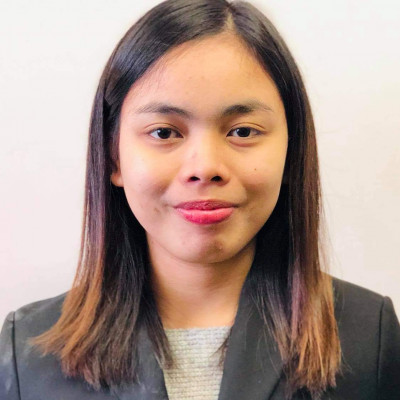
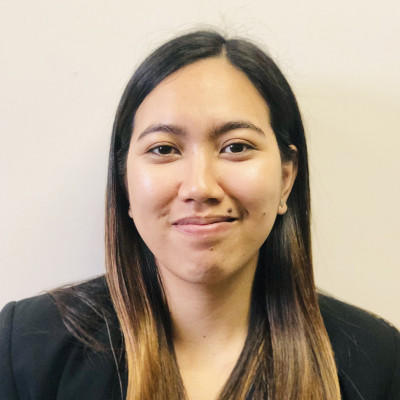
Making Your School a Language-Rich Environment #446
Every language teacher wishes to motivate and help their students learn and use the language. Here, a language-rich environment is a key to success. This presentation shows how to set up and manage five school-tested activities designed to maximize language use not only in an academic context, but also in the world at large. The presenters will also share how these five different activities created an increase in student participation and engagement.
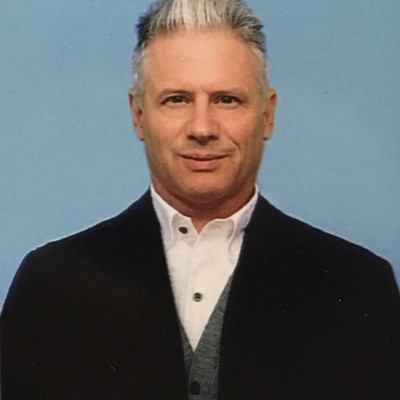
Collaborating in Classrooms: The Manga Project #661
One trend in EFL textbooks is to introduce learners to basic-level, research skills such as questionnaire design in order to complete small-scale, research projects. Yet little is understood about such lessons. The presenter will discuss the impact of lessons where learners jointly produce a whole-class, research project on Japanese manga. Results contain implications for project-based learning (PBL) and reveal understandings of learner autonomy and language awareness in relation to the creation of class projects.

Spelling Errors in Japanese Beginners’ 2FL German #657
As German uses many long words, multiple spelling mistakes should be expected. However, in the “free writing” term final essays in the presenter’s German for beginner’s courses, learners often make one single mistake each (in various places) in words of varying length. This presentation considers seven spelling difficulty prediction features for Japanese, English, and German and analyzes the spelling mistakes in writing assignments of various lengths.
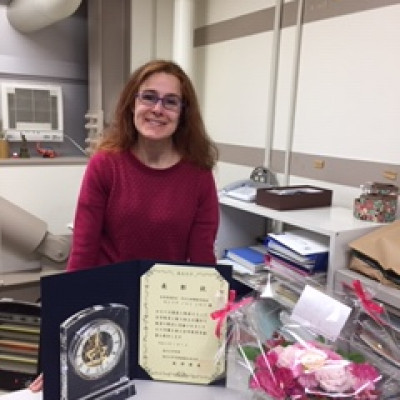


Students’ Performance in the Classroom Community #257
Educadores de Español como Lengua Extranjera analizarán temas relativos a la enseñanza de lenguas. Budding: Producción oral en una clase invertida con actividades motivadoras y atractivas; Video presentation link: https://youtu.be/CKOBMvM7xP8 Roque: Storytelling para desarrollar la competencia cultural, la dimensión afectiva y el aprendizaje de ELE. Video Presentation link: https://youtu.be/sKozUoVcs7Q Silva: Aprendizaje activo como marco de actividades interculturales, reportan sus investigaciones sobre el aprendizaje de español desde una contextualización sociocultural y comunicativa. Educadores y estudiantes de otros idiomas son bienvenidos. Video presentation link: https://youtu.be/s3aPN2Cycqs

Fairness Perceptions of Assessment Approaches #581
This survey study examined fairness perceptions of three assessment types (norm-referenced, criterion-referenced, and individual-referenced) for 281 EFL junior high school students in Macau. Results revealed that students viewed criterion-referenced assessment as the most fair, individual-referenced assessment as fair, and norm-referenced assessment as unfair. These findings reinforce the importance of using criterion-referenced assessment to measure achievement in the classroom, while the low opinions of norm-referenced assessment affirm that it should be avoided.

Adaptive Tools for Remote and Face-to-Face Classes #411
Promotional Visit the McGraw Hill pageAdaptive learning delivers personalized content to students based on their performance in a series of tasks that are unique to them. In this presentation, we will look at LearnSmart Achieve (LSA), an adaptive learning program aligned with the New Interactions series. LSA is a skills-based program for Academic English. We will examine its practical applications by looking at how it can be used to complement ongoing English language courses in face-to-face and remote learning situations.


Career Coping Strategies for the COVID-19 Era #533
The COVID-19 pandemic has upturned our social and economic life, particularly in the education industry as it relies on close personal proximity. This Black Swan event forced educators to innovate and reevaluate. Despite the perils, we hope to focus on opportunities to adapt to the new realities through preparation, training, and professional development. We welcome a workshop approach to share strategies for professional survival under the constraints of the “new normal”.
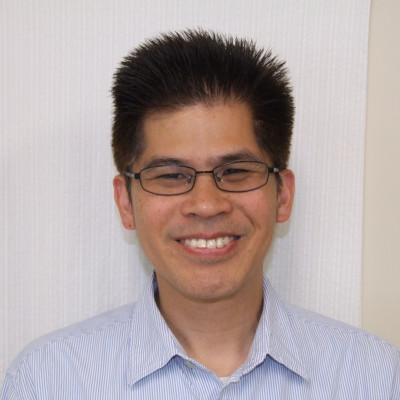
Cultural Interference and Teacher Acknowledgement #557
Are you 'really' aware of your own culture? Are teachers aware that they may be the cause of cultural interference with their student's learning of English? In this presentation, results from a case study will be presented to help show awareness of cultural interference in language learning. Reducing interference in language learning is one of the steps in ensuring the success of our students!
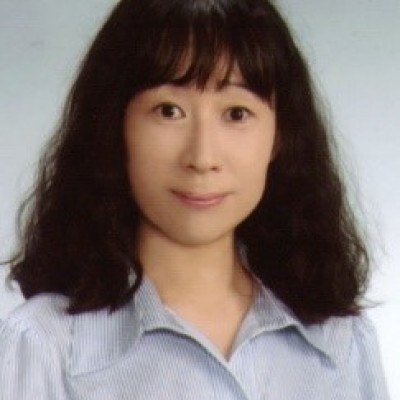
Teachers’ Perceptions of Intercultural Competence #653
The purpose of this presentation is to explore the foreign language teachers’ perceptions and the practice of the teaching of intercultural competence in the Japanese context. A questionnaire was administered and semi-structured interviews were conducted. The results of the study suggested that the participants were generally willing to interculturalize their language education, and that their teaching practices were constrained by the preservice training, and the foreign language curricula. Implications of the study will be discussed.
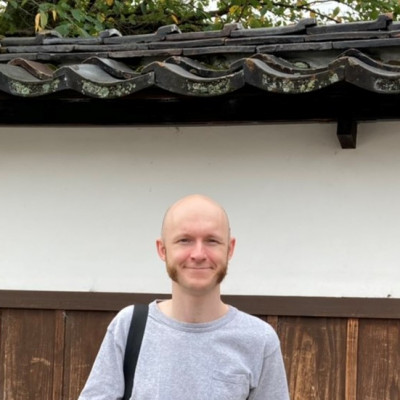
A Global Approach in the Eikaiwa Community #440
This workshop builds on the presenter’s previous research into learner attitudes towards a global approach in eikaiwa. As there was a positive tendency overall, the approach was implemented in the classroom and a method was developed. This method involves using authentic listening as a way to raise awareness of global Englishes and different cultural perspectives. The presenter hopes that sharing this method in the eikaiwa teaching community can help teachers prepare learners for global communication.
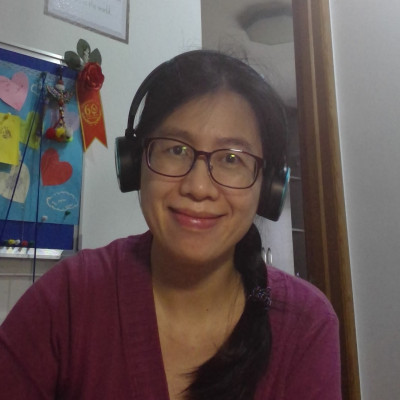

Enhancing Intercultural Attitudes for ELT Students #449
Teaching intercultural communication (ICC) for English major students in Vietnam is a challenge because it demands the teachers to not only raise intercultural awareness but also reduce students’ stereotypes, most of whom have not had much intercultural exposure or gone abroad. With the emphasis on transforming students’ attitudes and motivations to develop their ICC, the paper will share some experiential strategies used in the lessons to change students’ attitudes towards a more ethnorelative perspective.
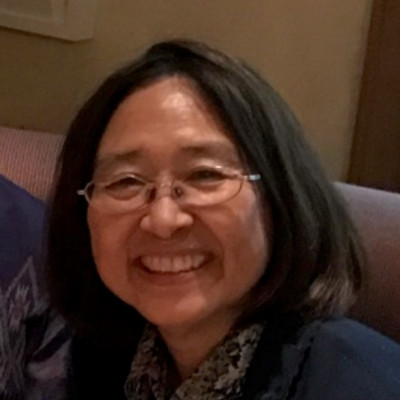

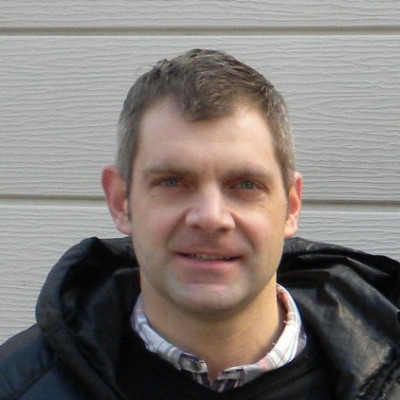
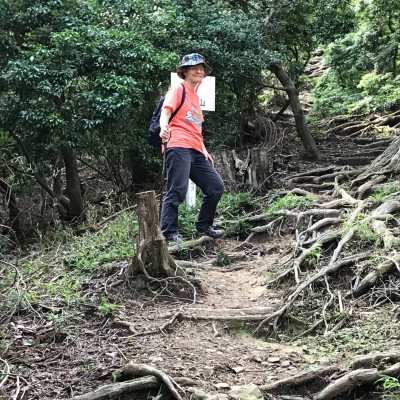
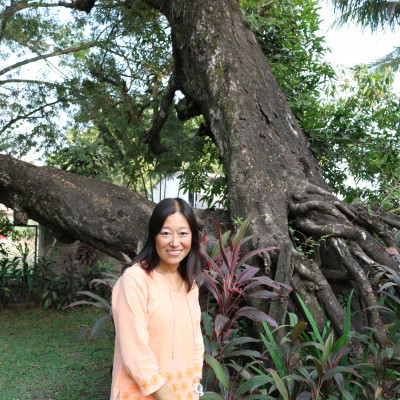
Understanding Different Communities of Practice #677
In this session we will describe the Contrast Culture Method (CCM) as a tool for the audience to understand and explore their cultural values. Training can be tailored towards different communities of trainees, such as students, teachers, business people. Several trainers will explain their personal narratives about what they have learned from CCM: how it can be powerful, moving, and not just insightful but deeply reflective on how we act and who we are.
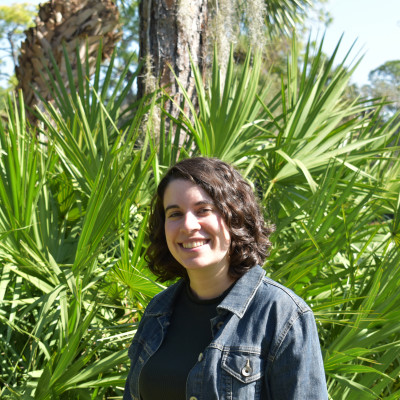
Teaching Sarcasm to University Students in Japan #483
Learning a second language is difficult enough, but when faced with the daunting task of learning to understand another culture’s humor, many learners can hit a wall. Especially when the two languages do not share similar styles of humor, for example, American sarcasm. By combining different forms of online media, this researcher was able to create a workshop that helped students begin to grasp and be able to use American Sarcasm.

Intercultural Communication Skills #451
As the number of international students in Japan increases, so does the need for students and teachers to develop intercultural communication skills. This presentation will briefly introduce key research and concepts as well as reflections from my own work in developing and conducting ICC workshops for Japanese students. The session will include ideas and suggestions for attendees to help deepen their own understanding as well as the skills of their students.


The Intercultural Community #542
This paper presents an overview of data collected as part of a long-term study of 1000 Japanese university ESL students’ engagement with the language community and how this relates to student interests. The results indicate that students most often engage in aspects of L2 culture that are less demanding, and that engagement with the broader language community is significantly mediated by variables such as language proficiency, time spent abroad, and cram-school study.